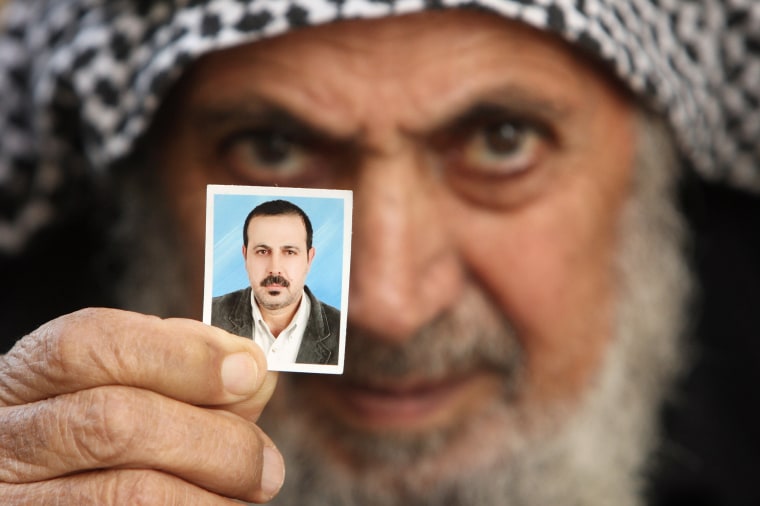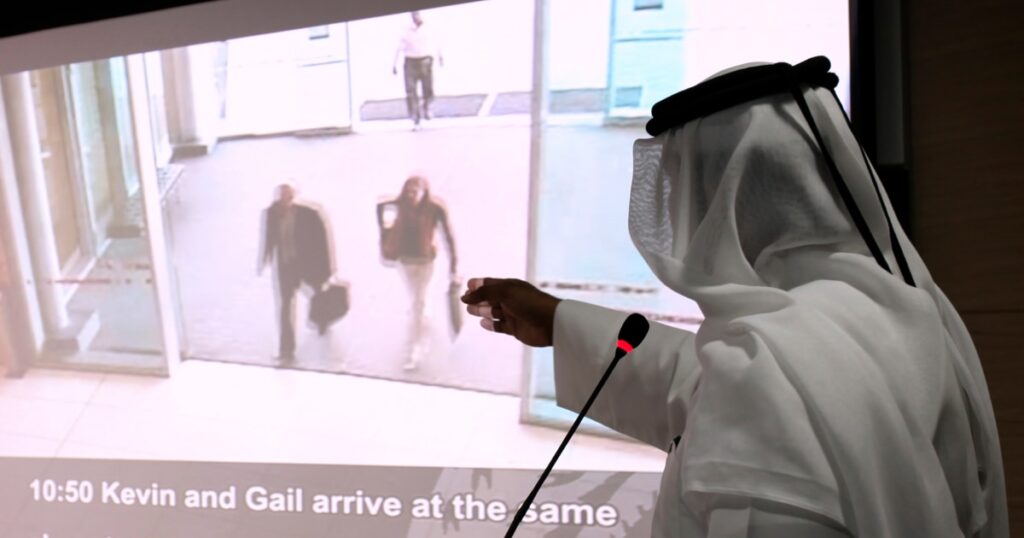The extraordinary attacks on Hezbollah this week, in which thousands of pagers and walkie-talkies exploded over two days, was a stunning blow to Israel’s spy agency and a humiliating setback for the Lebanese militants and their Iranian patrons. say Western officials and former intelligence. .
But the attacks, which Lebanese authorities said killed more than 30 people in two days while injuring thousands, are just the latest in a decades-long history of daring covert operations in which Israel has hunted down its enemies. through a combination of high-tech and old-fashioned tools. – fashionable beach.
Using letter bombs, poison, traps, armed drones and an AI-assisted robotic machine gun, Israel’s security services pursued their opponents with relentless determination. Even before the founding of the country in 1948, the underground Zionist movement assassinated British military and police officers, seeing them as obstacles to creating a Jewish state.
Over the years, Israel has seen “targeted killings” as a way to deter attacks on the county, fuel fear among its enemies and exact revenge. But the operations have created ethical dilemmas for Israeli governments, and have often produced only temporary successes with no lasting effects, experts and former intelligence officials say.
“The impact is short-lived. Hamas, Hezbollah and the Iranians are quick to select the successors of those killed,” said Bruce Riedel, a former career CIA officer who served in the Middle East. Iran’s nuclear program is closer to building a bomb than ever, even after several nuclear scientists have been killed, he said.
Letter bombs
One of the first Israeli intelligence hunts focused on a Holocaust mastermind, Nazi officer Adolf Eichmann, who sent millions of Jews to death camps. In 1960, Israel’s Mossad intelligence agency tracked him down in Argentina, captured him, sedated him and then dressed him in an Israeli aircrew uniform before that she smuggled it to the Argentine police on a plane to Israel. Eichmann was tried with dozens of Holocaust victims testifying. He was found guilty and hanged.
At the beginning of the 1960s, Israel was alarmed by a missile program in Egypt that made the technical expertise of German scientists with the Nazi past. In Operation Damocles, Mossad went after German scientists with letter bombs and threatened their families.
Egypt abandoned the rocket program in 1963. But the Mossad operation shocked Israeli Prime Minister David Ben-Gurion, who demanded the resignation of the head of the spy service.
After Palestinian militants kidnapped and murdered 11 Israeli athletes during the 1972 Munich Olympics, Israel began a secret campaign – called Operation Wrath of God – to hunt down all those responsible.
The campaign included a nighttime commando raid on Beirut to go after three Palestine Liberation Organization figures, with teams arriving on the beach by boat. Ehud Barak, who would become prime minister, led the raid, disguised as a woman with a brown wig.
Some of Israel’s assassination operations have failed miserably or resulted in tragic mistakes.
In 1973, Israeli assassins believed they were targeting one of the key figures behind the hostage-taking and assassination of the Munich Olympics. But they mistook a Moroccan servant, Ahmed Bouchikhi, for Ali Hassan Salameh, a security aide to PLO leader Yasser Arafat. They killed Bouchikhi in the Norwegian ski resort of Lillehammer. Norwegian authorities soon learned that Israel was behind the assassination, and Israel’s spy network across Europe was exposed.
Nearly four decades later, Israel killed a senior Hamas official, Mahmoud al-Mabhouh, in a Dubai hotel in a complex plot involving more than two dozen Mossad agents. But then, using hours of security camera footage, local police were able to reconstruct the movements of the team members from when they entered the country with fake passports until they left. His passport photos were plastered in the global media, showing that in 2010, it would be difficult for a successful team to trace a target in an Eichmann-style operation without leaving electronic traces.

Exploding cell phone
In a 1988 operation designed to kill Ahmed Jibril, a Palestinian militant working with Hezbollah, an Israeli military team used a trained explosives-laden dog as part of an effort to track down their target in a cave cave on on the coast of Lebanon. The explosives will be detonated remotely. But the operation was plagued by a series of failures, according to an account in the book “Rise and Kill First”, by journalist Ronen Bergman. The trained dog got scared by shooting and ran away. Hezbollah later found the dog. It turned out that Jibril had not even been in the place at the time of the raid.
In an echo of this week’s attacks in Lebanon, Israel killed a Hamas bomber, Yahya Ayyash, in 1996 with a mobile phone rigged with explosives. When he answered the phone and spoke to his father, the Israelis were listening, and a voice recognition expert verified that it was Ayyash. The explosives were detonated remotely, killing Ayyash.
Drones and motorcycles
The advent of armed drones, which Israel pioneered in the 1990s, has dramatically expanded the scope of assassination operations, without having to risk the lives of Israeli troops or spies.
As Iran’s nuclear program progressed in the early 2000s, Israel’s Mossad focused its efforts on the scientists overseeing the effort, according to former US and Israeli officials.
Several scientists were killed by motorcyclists who attached magnetized bombs to cars. Then, in September 2021, Mohsen Fakhrizadeh, who was considered the most important figure in Iran’s now-suspended nuclear weapons program, was killed when his car was hit by bullets in the city of Absad, east of Tehran. It later emerged that Fakhrizadeh was killed by a remote-controlled, AI-assisted machine gun, according to Iranian media reports and a New York Times account.
Since Hamas’ attack on Israel on October 7, Israel has relaunched its covert operations, killing senior Hamas and Hezbollah figures, as well as visiting Iranian generals in Syria, with drone strikes. Iran was stunned in April when the political leader of Hamas, Ismail Haniyeh, was killed in an attack where he was staying in the Iranian capital, Tehran.
Mossad chief David Barnea has vowed to hunt down all those involved in the October 7 assault on Israel “directly or indirectly,” including “planners and emissaries.”
“It will take time, as it took time after the Munich massacre, but we will put our hands on them where they are,” Barnea said.


